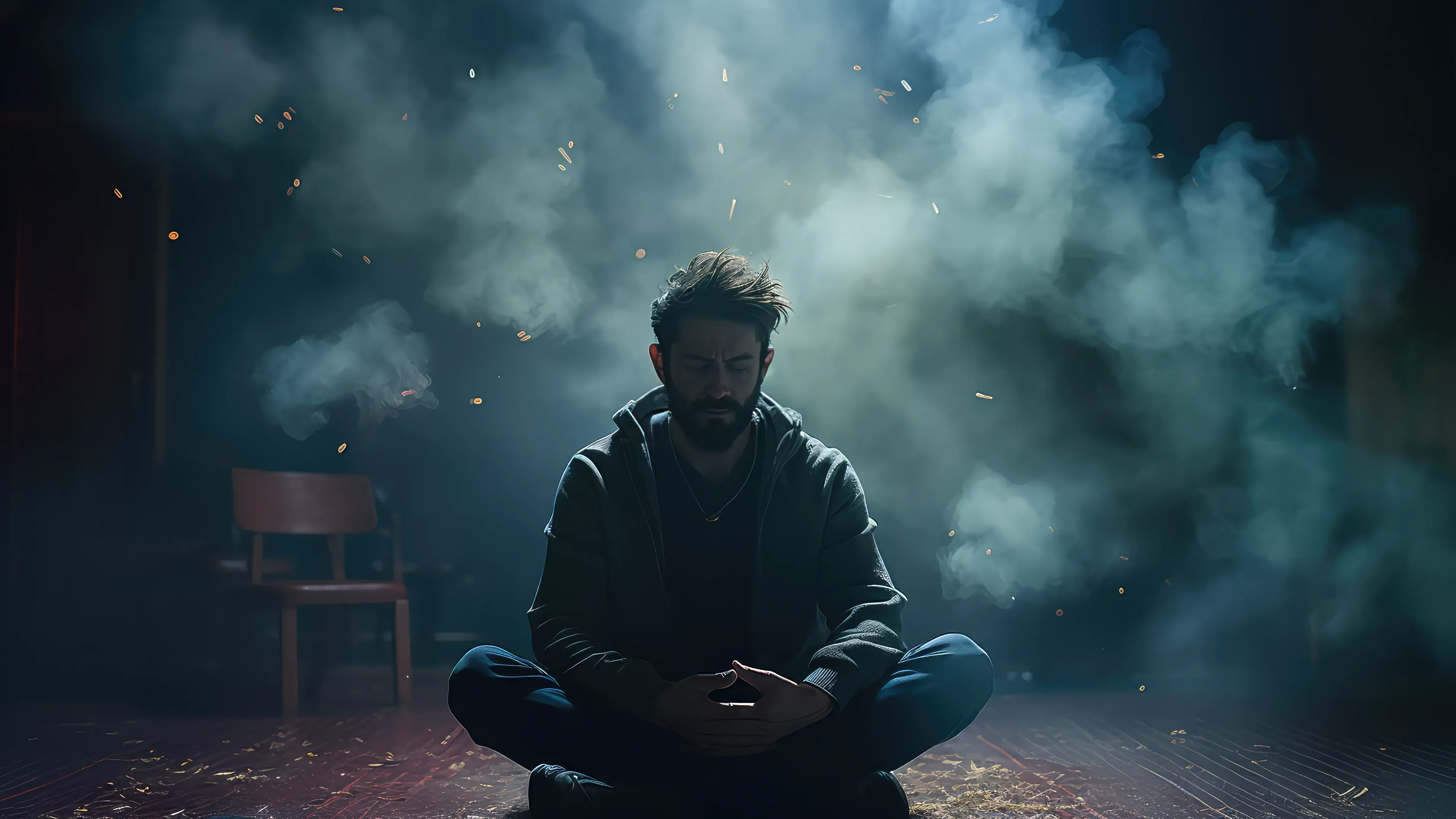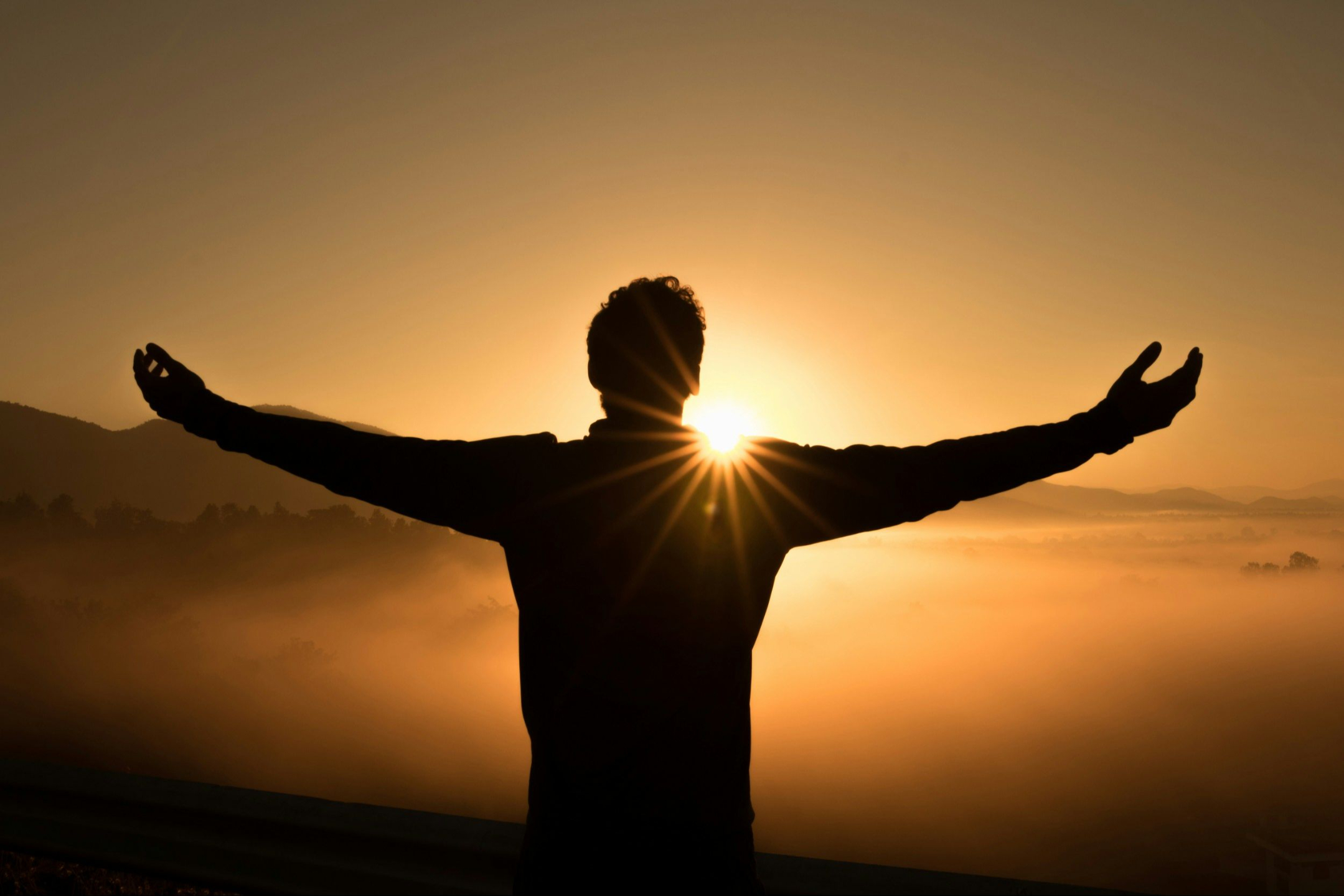The Dark Side of Light Work: What Nobody Tells You About Being an Empath (And How to Stop Drowning in Other People's Energy)
May 02, 2025
The day I found myself crying in the grocery store because I could "feel" the sadness of the wilting lettuce was the day I realized something had to change. Yes, you read that right – I was having an emotional breakdown in the produce section over lettuce. Being an empath had officially become unbearable.
Let me back up a bit and tell you how I got there. For years, I wore my empathic abilities like a badge of honor. "I feel everything so deeply," I'd say, proud of my sensitivity, while secretly popping antacids and avoiding crowds like they were carrying the plague. I thought being a "good empath" meant absorbing everyone's emotions, taking on their problems, and essentially being an emotional sponge for the world.
Then came the lettuce incident, followed by what I now affectionately call my "empathic breakdown." I couldn't go to work because my coworker's anxiety was "too loud." I couldn't watch the news because world events felt physically painful. I couldn't even go to the mall without needing to lie down in a dark room for three hours afterward. My gift had become my prison.
That's when I met Margaret, an elderly energy worker who took one look at me and said, "Oh honey, you're not an empath – you're an emotional drowning victim." Those words changed everything.
See, here's what nobody tells you about being an empath: feeling everything isn't a superpower – it's a lack of energetic boundaries. Real empathic ability isn't about drowning in others' emotions; it's about understanding them while staying grounded in your own energy.
Let me share a story that illustrates this perfectly. Jenny, one of my first students, came to me because she couldn't hold down a job in healthcare – supposedly her dream field. She was constantly exhausted, emotionally overwhelmed, and taking on her patients' symptoms. She thought this meant she was a powerful healer. In reality, she was experiencing what I call "empathic overwhelm."
Through our work together, Jenny discovered that true empathic ability is more like being a witness than a sponge. Think of it like this: when you watch a movie, you can understand and feel for the characters without actually taking on their circumstances. You don't walk out of a sad movie with the main character's life problems. That's how healthy empathy should work.
The transformation begins with understanding what I call the "Empathic Paradox": the more boundaries you have, the more effectively you can help others. This goes against everything most empaths believe. We think we need to fully merge with others' emotions to understand them. Actually, the opposite is true.
Take Marcus, a therapist who was burning out fast because he thought being empathic meant taking on his clients' trauma. Once he learned to create what I call an "energetic airlock" – a space between his energy and others' – his ability to help actually increased. He could stay present with intense emotions without being overwhelmed by them.
Through working with hundreds of overwhelmed empaths, I've developed what I call the "Conscious Empath Protocol." The first step is understanding that you're not responsible for feeling everything. Just because you can sense someone's emotions doesn't mean you have to carry them.
This was a huge revelation for Rachel, an elementary school teacher who would come home every day carrying the emotional weight of twenty-eight children. She learned to practice what I call "compassionate deflection" – acknowledging others' feelings without absorbing them. Her classroom management improved, and for the first time in her career, she could enjoy her weekends without emotional hangovers.
The second crucial understanding is that boundaries aren't walls – they're filters. Many empaths resist setting boundaries because they think it means becoming cold or losing their sensitivity. Actually, boundaries allow you to choose how and when to use your empathic abilities, making them more powerful and precise.
Think of it like having a high-end camera. You don't take photos with the lens cap off and every setting on maximum all the time. You adjust the aperture, focus, and exposure based on what you're shooting. Your empathic ability should work the same way.
One of the most powerful techniques I teach is what I call "Empathic Setting Adjustment." Just like a camera, you can dial your sensitivity up or down depending on the situation. In a therapy session or heart-to-heart with a friend? Dial it up. Riding a crowded subway or attending a high-stress meeting? Dial it down.
The real breakthrough comes when you realize that being an empath isn't about feeling everything – it's about feeling what's useful. This means learning to distinguish between productive empathy and emotional static. It's about asking yourself, "Is this feeling serving a purpose, or am I just collecting emotional souvenirs?"
Remember my grocery store meltdown? Now I can shop without absorbing the emotional state of the produce section. Not because I've lost my sensitivity, but because I've learned to direct it purposefully. The lettuce might still be wilting, but I understand that feeling sad about it doesn't serve anyone – least of all the lettuce.
Want to learn how to transform your empathic overwhelm into empathic power? Join our Conscious Empath Community, where we practice these techniques together. No more emotional hangovers required.

